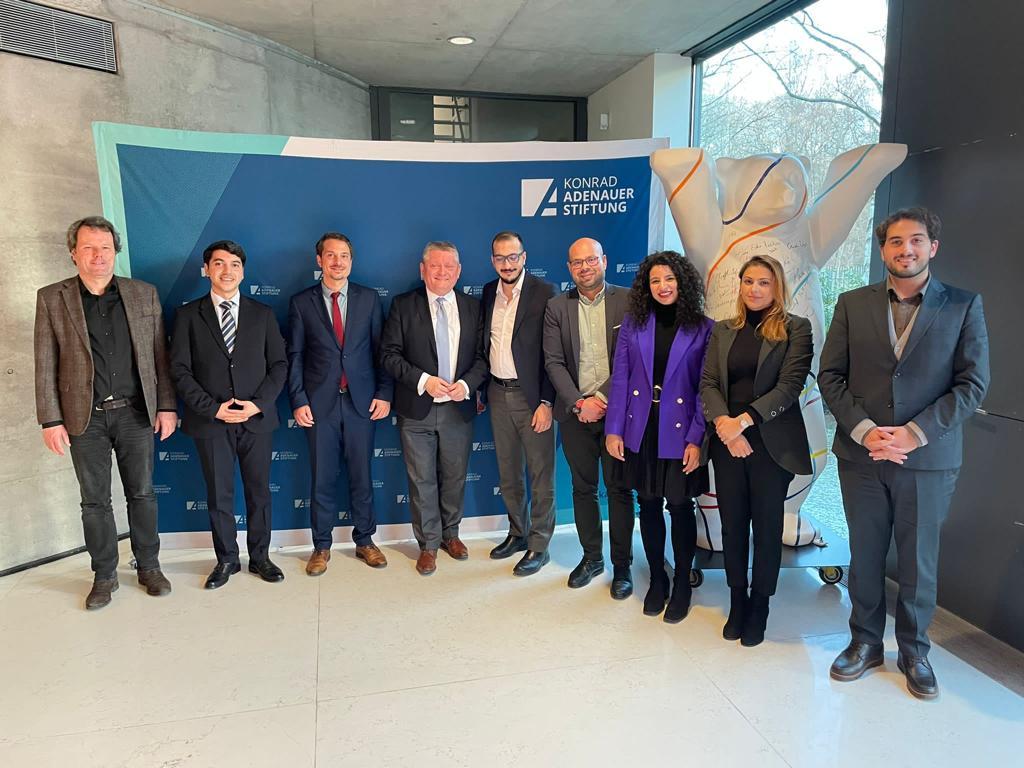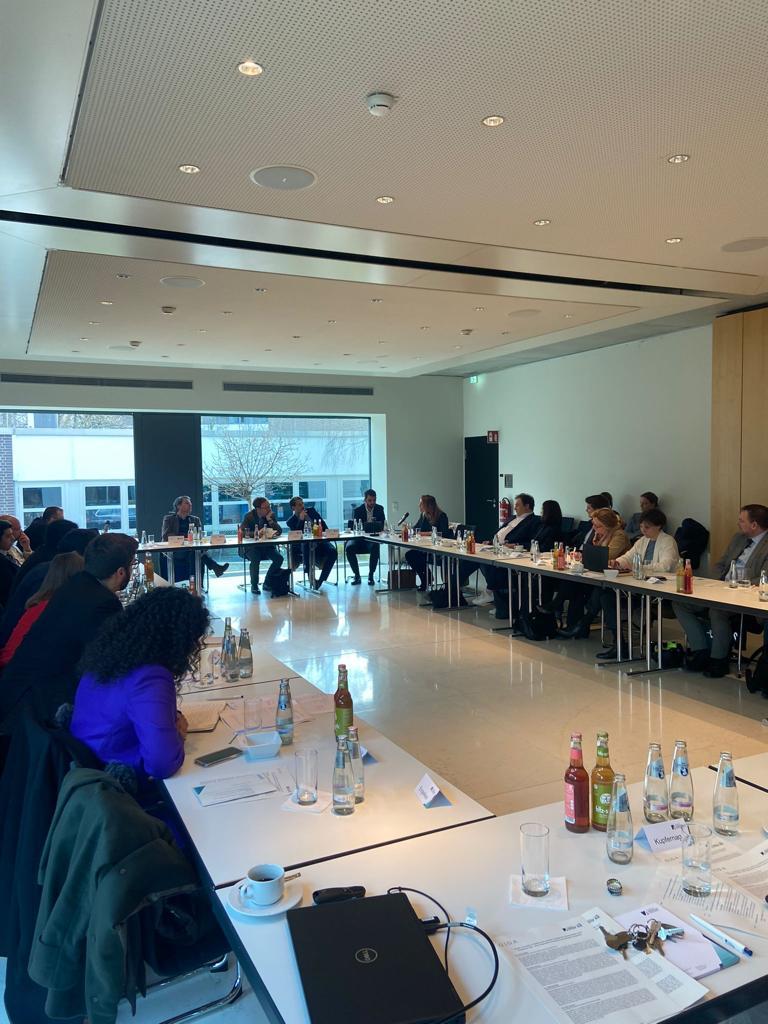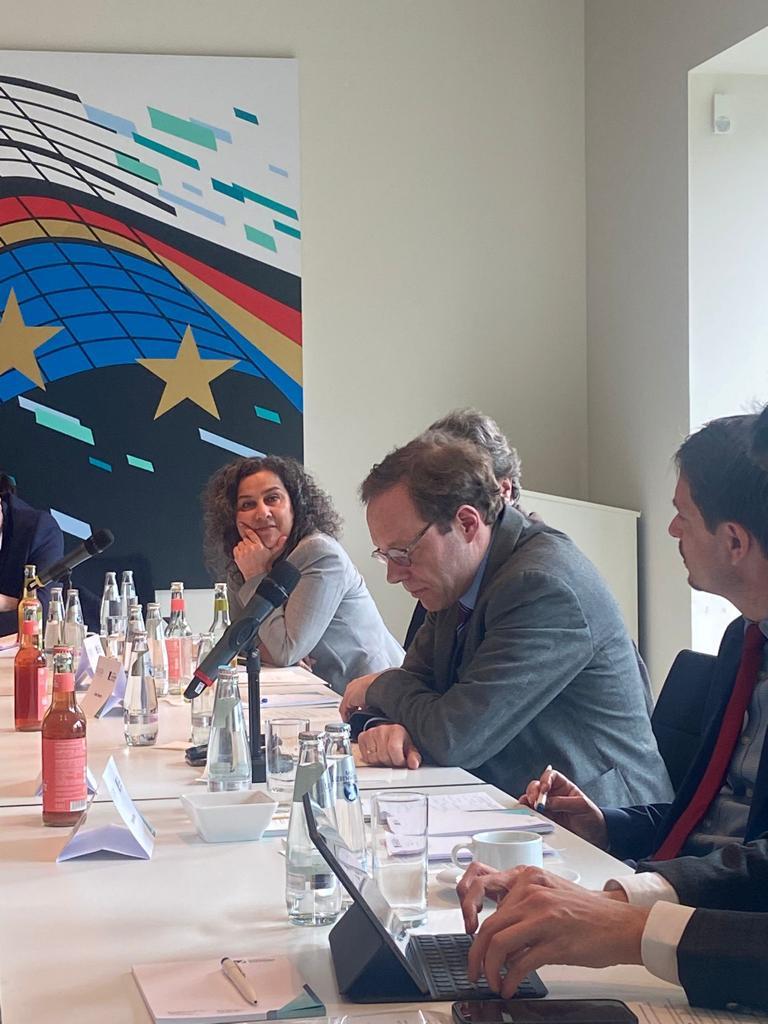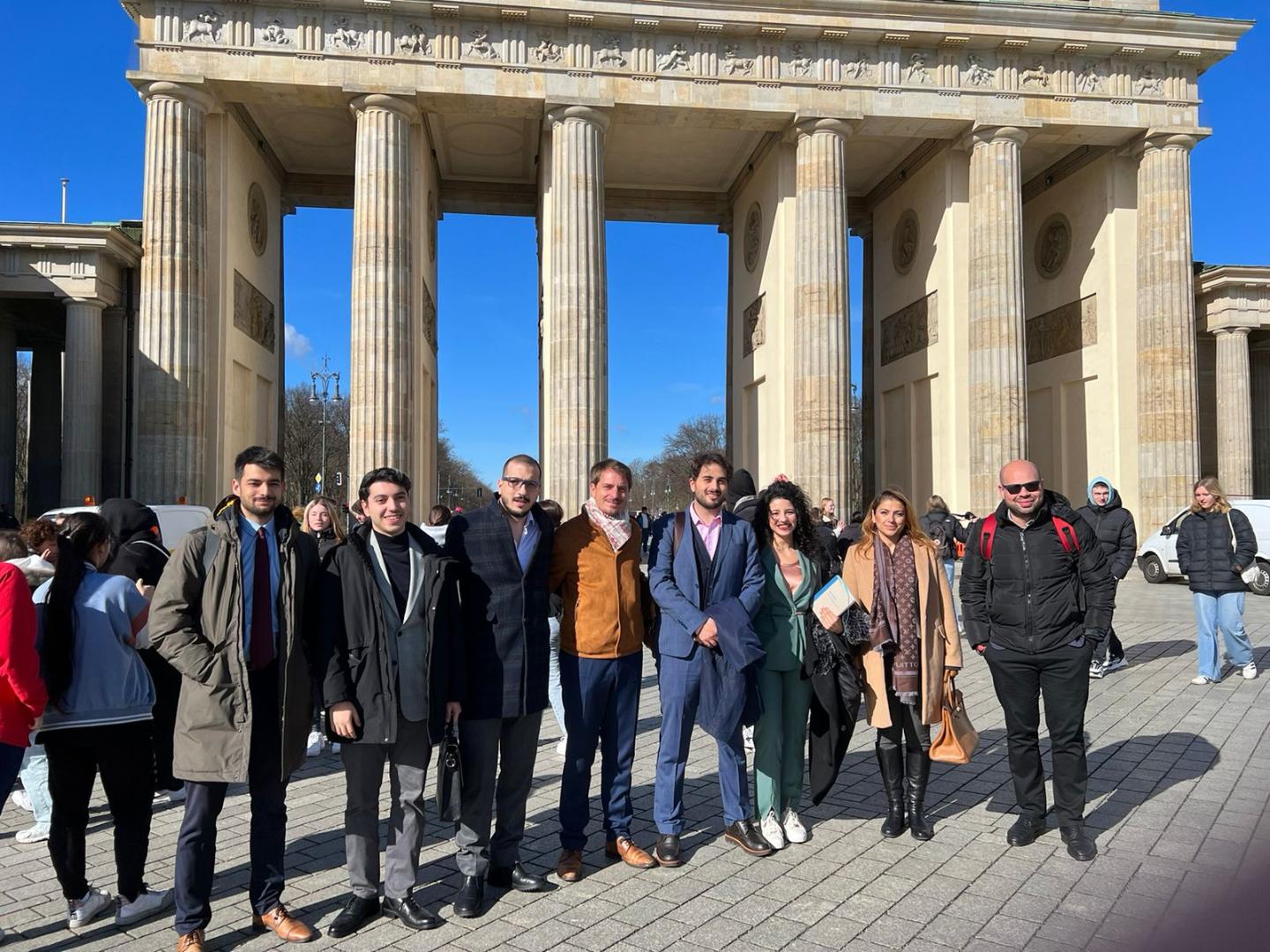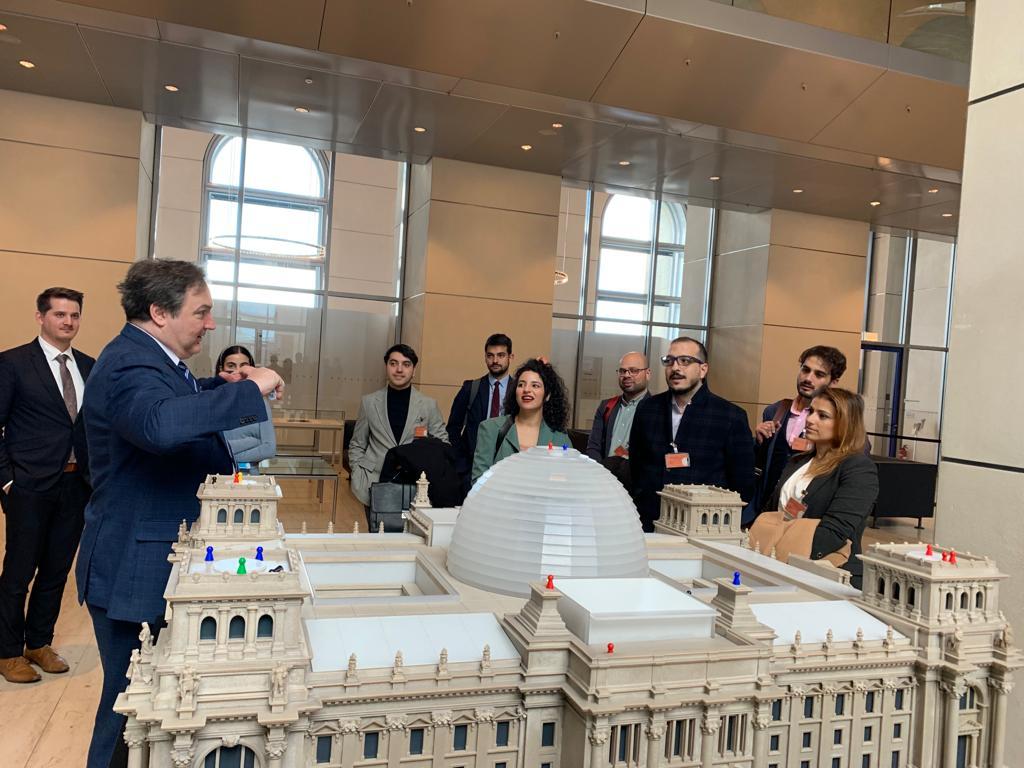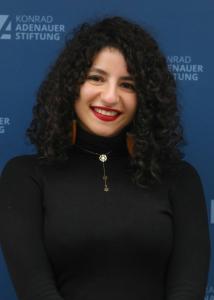For a long time, Jordan, a reliable ally of the West, has been regarded as a steadfast force of stability in the Middle East, having been able to navigate the region’s waves of civil unrest whilst still championing Arab nationalism. Despite its limited resources, Jordan has become a sanctuary for refugees from neighboring conflict-ridden countries. However, the country’s reliance on international aid and the recent geopolitical shifts and the redirection of US/European foreign policy to Asia and Eastern Europe risks side-lining Jordan. Additionally, escalations from the ongoing Israeli-Palestinian conflict could have severe consequences for the Hashemite Kingdom. Domestically, Jordan faces visible cracks in its social contract and governmental shortcomings that have recently spurred nation-wide protests despite the political reforms introduced to strengthen political participation. Moreover, the security apparatus is still closely monitoring civil society, political parties and media. Against this backdrop, a Jordanian delegation consisting of analysts and academics convened with representatives from German ministries, policy advisors from parliament and experts from academia and major think-tanks to discuss Jordan’s internal developments and policies (both domestic and regional), while exploring possible options to adapt German and European policies towards Jordan.
The roundtable discussion started with introductory remarks from Dr. Canan Atilgan, the Head of the MENA department at KAS Berlin, and Dr. Eckart Woertz, Director of GIGA, who welcomed the Jordanian delegation and briefly introduced their respective foundations and their work. Dr. Edmund Ratka, the resident representative of KAS in Jordan, followed-up on their introduction and highlighted KAS’s work in Jordan, and the importance of better understanding Jordan, a major recipient of German development aid and an important partner in the Middle East, through inciting discussions on its domestic and regional developments by bringing it to the forefront of political debate in Germany. Through this, Germany can envision how it can develop the German-Jordanian relationship and finding means to cooperate in a turbulent region full of uncertainties.
The first panel of the roundtable focused on Jordan’s foreign policy in a changing regional and international environment. The first panel kicked-off by examining the drivers and interests of Jordan’s foreign policy in a changing Middle East. As Laith Alajlouni, a Jordanian analyst and political economist described it, Jordan’s foreign policy is based on, “a Hashemite foreign policy”. The Hashemites have been instrumental in shaping Jordan’s foreign policy and have adhered to a moderate approach to maintain peace and stability, while protecting Jordan’s national interests and sovereignty. Jordan, as a country reliant on foreign aid, strives to maintain a balance between its strategic partnerships with the US and Europe and its Arab neighbors.
Jordan has often played a mediating role in regional conflicts, including with the Palestinian-Israeli conflict. However, Jordan’s relations with Israel, have for the past couple of years, been fraught with a lot of tension since the signing of its peace treaty back in ’94. The main cause of tensions between the two countries are mainly on issues that matter to Jordan the most – Jerusalem, settlement expansion and the threat of annexation. The new Israeli government under Netanyahu’s leadership threaten to disrupt the status quo of Israeli-Jordanian relations. Farah Bdour, the Programs Director at the Amman Center for Peace and Development (ACPD), stressed that navigating this friction-ridden relationship without undermining both countries’ strategic relationship altogether will prove to be a major challenge for Jordanian leadership in the next phase. The Israeli intelligence/defense establishments, were more attuned to Jordan’s stability, and thus insulated their bilateral relations with the Kingdom from right-wing policies. However, this establishment is losing more influence under the new government and Bdour stressed that the rise of radical right-wing Israelis to power brings forth concerns for Jordan’s security, particularly with regards to the possibility of confrontation with Netanyahu’s government. Bdour warned that the new Israeli government would work to transfer the Palestinian ‘demographic burden’ to Jordan by creating conditions that would force Jordan to assume administrative responsibility for the Palestinians in the occupied territories. Bdour noted that moving forward, Jordan should mount pressure on the Netanyahu government and design a preventive strategy, to persuade Israel to abort policies that undermine Jordan’s clear red lines, its security and regional stability. Jordan may also resort to its allies and partners in the region, including the UAE, Bahrain and Morocco to leverage the Abraham Accords in influencing the behavior of the Israeli government in case of any violations of the status quo.
The first panel placed special focus on how Germany and Jordan can capitalize on their effective partnership in the face of a new Middle East. As Dr. Ulrich Ernst, Director of the Near East Department at the German Foreign Ministry, underlined, Germany has always been a crucial partner for the Kingdom in achieving security, stability and overcoming regional challenges, most notably the Israeli-Palestinian conflict. The two countries share a strategic relationship that enables them to cooperate and identify genuine political opportunities to establish effective negotiations to resolve the conflict on the basis of a two-state solution. Joint efforts including their involvement in the Munich Group (France, Germany, Jordan and Egypt) provides a vital platform that compliments de-escalation efforts and creates a tangible path towards achieving comprehensive peace.
Germany has also supported Jordan in its development process and aided the Kingdom in facing its economic challenges and the consequences it faced from regional crises, including the Syrian crises. Not only has Germany supported Jordan with the refugee crises, but it has also supported its fight against terrorism and combating extremism. Finally, both Germany and Jordan have recently increased opportunities to expand their cooperation in areas related to water and renewable energy.
The second panel focused on highlighting Jordan’s domestic challenges amid a quest for a new governance model that the Hashemite Kingdom is embarking on to encourage democratic development. Wael Al-Khatib, a Jordanian anthropologist and a PhD candidate at the University of Ghent, introduced the constitutional amendments made by the Royal Committee to Modernize the Political System in Jordan. The committee was appointed by King Abdullah II, who frequently champions democratic rights in his writings and public discussion papers. These amendments come as part of the democratic reforms the kingdom is introducing into the debt-ridden and economically-ailing country. The new reforms include significant changes to the electoral system and the political parties’ law which seeks to increase the participation of women and youth. According to Al-Khatib, these changes are currently being positively reflected in the local political scene, as Jordan is witnessing a mobilization of political movements and a partisan culture that is slowly being normalized in school and university curricula. However, Jordan’s parliament still has little authority and governments are appointed rather than formed from political parties. This is why there is still much public apathy towards these amendments. Not only do people believe the government lacks credibility, but the failure of past democratic initiatives, has not built much confidence among the public. Further, Al-Khatib underscored that while there is broad support for conventionally understood pillars of liberal democracy such as free elections and a parliamentary system, there is still a gap between those who support democracy as the best political system and those who believe it is suitable for their country.
This assessment was echoed by Mohammad Abu Dalhoum, a senior analyst at NAMA Intelligence Solutions – an Amman-based research institute. Abu Dalhoum shared data from a recent survey conducted by his institute in partnership with KAS. According to the survey, over 75% of Jordanians from the national sample and the university students’ sample, believe that their tribes represent them and their interests, a lot more than political parties, parliament and civil society organizations. In fact, over half of the people surveyed believe that political parties are as of now, ineffective due to the conviction that parties lack meaningful programs that address people’s needs and their weak presence in parliament. Abu Dalhoum shared that while there is a good percentage that are optimistic that the reform efforts are serious, almost half believe that conditions in the country are still tough and corruption and nepotism will impede tangible change.
This brings into question how inclusive the new political scene will be to youth and women. The constitutional amendments placed special emphasis on increasing the participation of youth and women in Jordan’s political life in order to reduce the gender and age gap. For example, the new electoral law increased the female quota in the Jordanian parliament in the future legislature (from 15 to 18 seats) and the new party law stipulates that at least 20% of a party’s founding members must be women and at least 10% should be young members (between 18-35). There are more women taking up leadership roles, as there is an increase in the number of women in the Jordanian senate and those heading ministries in the current cabinet. However, while Jordan has made a positive step forward to boost women’s representation in decision-making policies, there still isn’t a consistent policy towards including more women in politics as representation is still low. According to Layan Ounis, a project manager and research assistant at KAS Jordan, women in Jordan still face many interwoven obstacles that hinder concrete women’s participation – whether as voters, members or candidates. The severity of these obstacles differ among demographics of women with a notable divide between the ‘urban elite’ and the ‘rural poor’. These obstacles include socio-economic issues that translate to low labor participation hence hindering their ability to fund and run campaigns, patriarchal social norms, gender-based discrimination, (political) violence against women, legal hurdles and a media that fails to properly report women’s issues and instills traditional gender stereotypes.
While Jordan has shown a commitment to implementing reforms, the path ahead is still rocky. As a country that is a highly-dependent on aid, Jordan’s Western allies, such as the United States and Germany, do play a role in its democratization process. As Dr. Benjamin Schütze, a senior research fellow at the Arnold-Bergstraesser-Institut, pointed out, on the one hand, the United States and Europe have provided significant economic and political support, including aid and investment to promote economic growth, security cooperation and diplomatic engagement. They have also formerly advocated for political and governance reforms in the country including for democratic processes and fair and free elections. On the other hand, the United States and Europe have also been criticized for overlooking human rights violations and non-democratic practices for the sake of maintaining stability and security in the country and region as a whole.
The expert roundtable brought about a lively discussion following each of the inputs, which encouraged honest debate on Jordan. Following the roundtable discussion, the Jordanian delegation met with H.E. Mr. Hermann Gröhe, the current Vice President of KAS; a long-serving Member of Parliament and a former minister in Angela Merkel’s government. Together, they discussed the most recent developments on Jordan and Mr. Gröhe imparted with them some final words of wisdom, “We should not leave politics to the politicians only!”.
Likewise, the delegation met with the policy advisors of HE MP Armin Laschet, the former chairman of the CDU and former prime minister of North Rhine Westphalia, for an exciting tour around the German parliament, where they learned much about Germany’s own democracy and political system. Finally, the delegation concluded their trip with a visit to the Stiftung für Wissenschaft und Politik (SWP), a prestigious think-tank in Berlin, and held stimulating dialogues on the entire MENA region, with several key regional experts.



